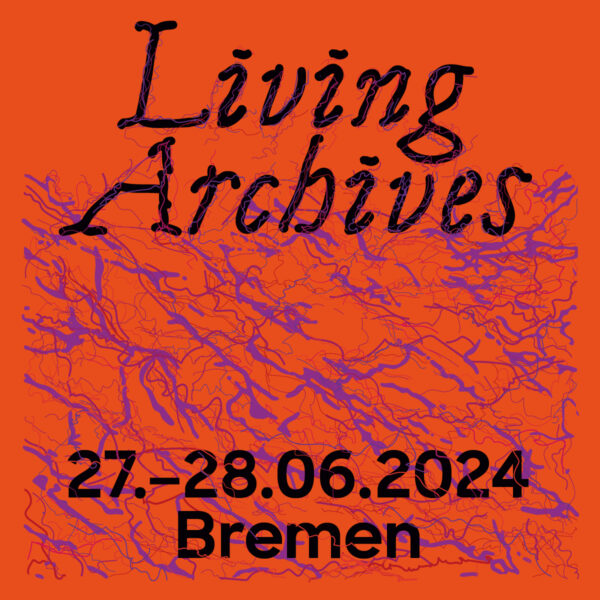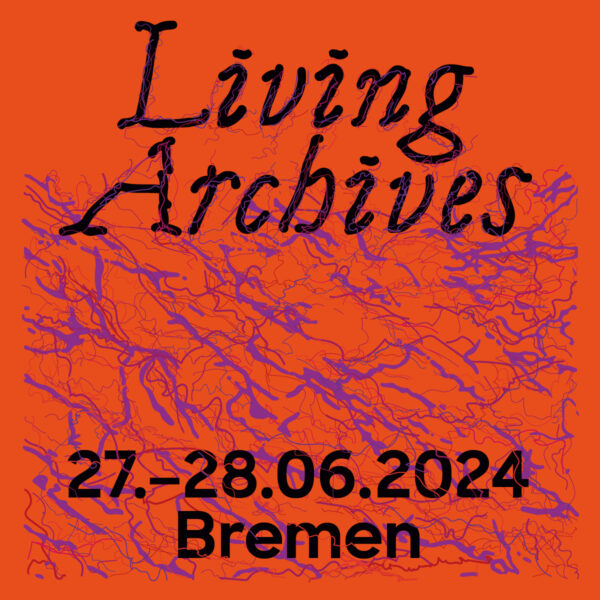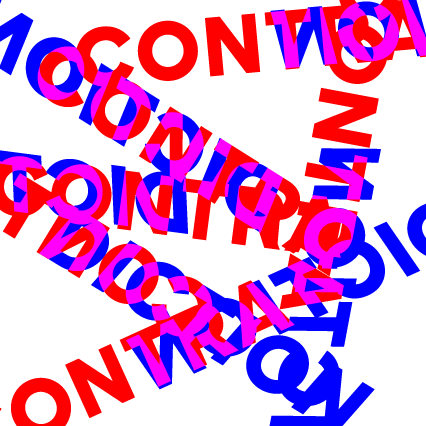Veranstaltungen
-
 Kick off Workshop – Peer Mentoring
Kick off Workshop – Peer Mentoring
-
 Toolbox #13 – Workspace
Toolbox #13 – WorkspaceToolbox – Contradiction Studies #9 im Wintersemester 2025/26 – Workspace: Interner Workshop
-
 Toolbox #14 – GRK 2686 in Context: WOC & BYRD
Toolbox #14 – GRK 2686 in Context: WOC & BYRDToolbox – Contradiction Studies #10 im Wintersemester 2025/26
-
 Toolbox #15 – Workspace
Toolbox #15 – WorkspaceToolbox – Contradiction Studies #11 im Wintersemester 2025/26 – Workspace: Interner Workshop
-
 Toolbox #16 – Workspace
Toolbox #16 – WorkspaceToolbox – Contradiction Studies #12 im Wintersemester 2025/26 – Workspace: Interner Workshop
-
 Toolbox #17 – Workspace
Toolbox #17 – WorkspaceToolbox – Contradiction Studies #13 im Wintersemester 2025/26 – Workspace: Interner Workshop
-
 Toolbox #18 – Workspace
Toolbox #18 – WorkspaceToolbox – Contradiction Studies #14 im Wintersemester 2025/26 – Workspace: Informelles Jahrestreffen
Vergangene Termine
-
 Democratic Impertinence? Feminist and Crip Perspectives on Democracy in Times of Crisis
Democratic Impertinence? Feminist and Crip Perspectives on Democracy in Times of CrisisPanel-Vortrag beim ECPG (European Consortium on Politics and Gender) 2024.
-
 Un/certain Times for the ‘NaturalOrder’? Queer-Feminist Critiques of Authoritarian Phantasms and Emancipatory Rebuttals
Un/certain Times for the ‘NaturalOrder’? Queer-Feminist Critiques of Authoritarian Phantasms and Emancipatory RebuttalsPanel beim ECPG (European Consortium on Politics and Gender) 2024.
-
 Exkursion
Exkursion
-
 Decolonial Mourning and the Caring Commons
Decolonial Mourning and the Caring CommonsWorkshop basierend auf Prof. Gutiérrez Rodriguez jüngster Veröffentlichung Decolonial Mourning and the Caring Commons.
-
 „Living Archives“ Geschichte und Gegenwart intersektional-feministischer Bewegungen in Theorie und Praxis
„Living Archives“ Geschichte und Gegenwart intersektional-feministischer Bewegungen in Theorie und PraxisTagung der Sektion „Politik und Geschlecht“
in der Deutschen Vereinigung für Politikwissenschaft
in Kooperation mit dem DFG-Graduiertenkolleg „Contradiction Studies“ und dem Forschungsverbund „Worlds of Contradiction“Der 15. Sprecher*innenrat der Sektion „Politik und Geschlecht“ in der DVPW (Deutsche Vereinigung für Politikwissenschaft) veranstaltet anlässlich des 30-jährigen Bestehens der Untergliederung die Tagung „Living Archives“. Die Tagung steht unter dem Vorzeichen einer überfälligen Würdigung der Bewegungsgeschichte intersektionaler Feminismen in deutschsprachigen Kontexten sowie deren transnationalen Verbindungen. Die Berücksichtigung von Rassismus- und Antisemitismuskritik, von klassenkämpferischen und migrantischen, jüdischen, afrodeutschen und Schwarzen, Rom*nja und Sinti*zze, ableismuskritischen und queer*feministischen Perspektiven musste erst durch jahrzehntelange Selbstorganisierung erkämpft werden. Oftmals bleibt diese prekär.
-
 Samoa – “Jewel of Germany’s Pacific?”
Samoa – “Jewel of Germany’s Pacific?”Expertengespräch im Rahmen der INPUTS Lecture Series „Bremer Denkanstöße“.
-
 Keynote: Trauerarbeit als politische Arbeit
Keynote: Trauerarbeit als politische ArbeitKeynote zur Tagung „Living Archives“ Geschichte und Gegenwart intersektional-feministischer Bewegungen in Theorie und Praxis.
-
 Politisches Widersprechen aus Care-Perspektive: Ethik, Körper, Arbeit
Politisches Widersprechen aus Care-Perspektive: Ethik, Körper, ArbeitVortrag im Rahmen des Bremer Kolloquium für politische Theorie
-
 Widersprüchliche Lebenswelten: Das tschechoslowakische Exil in Wien 1968-1989
Widersprüchliche Lebenswelten: Das tschechoslowakische Exil in Wien 1968-1989Kolloquium für Neueste Geschichte und Historische Migrationsforschung, Universität Osnabrück
-
 Profit et rien d’autre | Profit, nichts als Profit! (Film und Diskussion)
Profit et rien d’autre | Profit, nichts als Profit! (Film und Diskussion)Dokumentarfilm über die Auswirkungen von Marktwirtschaft und Globalisierung auf Haiti, die Heimat von Filmemacher Raoul Peck. Einführung in das Werk von Roaul Peck und Moderation der Sitzung von Gisela Febel.